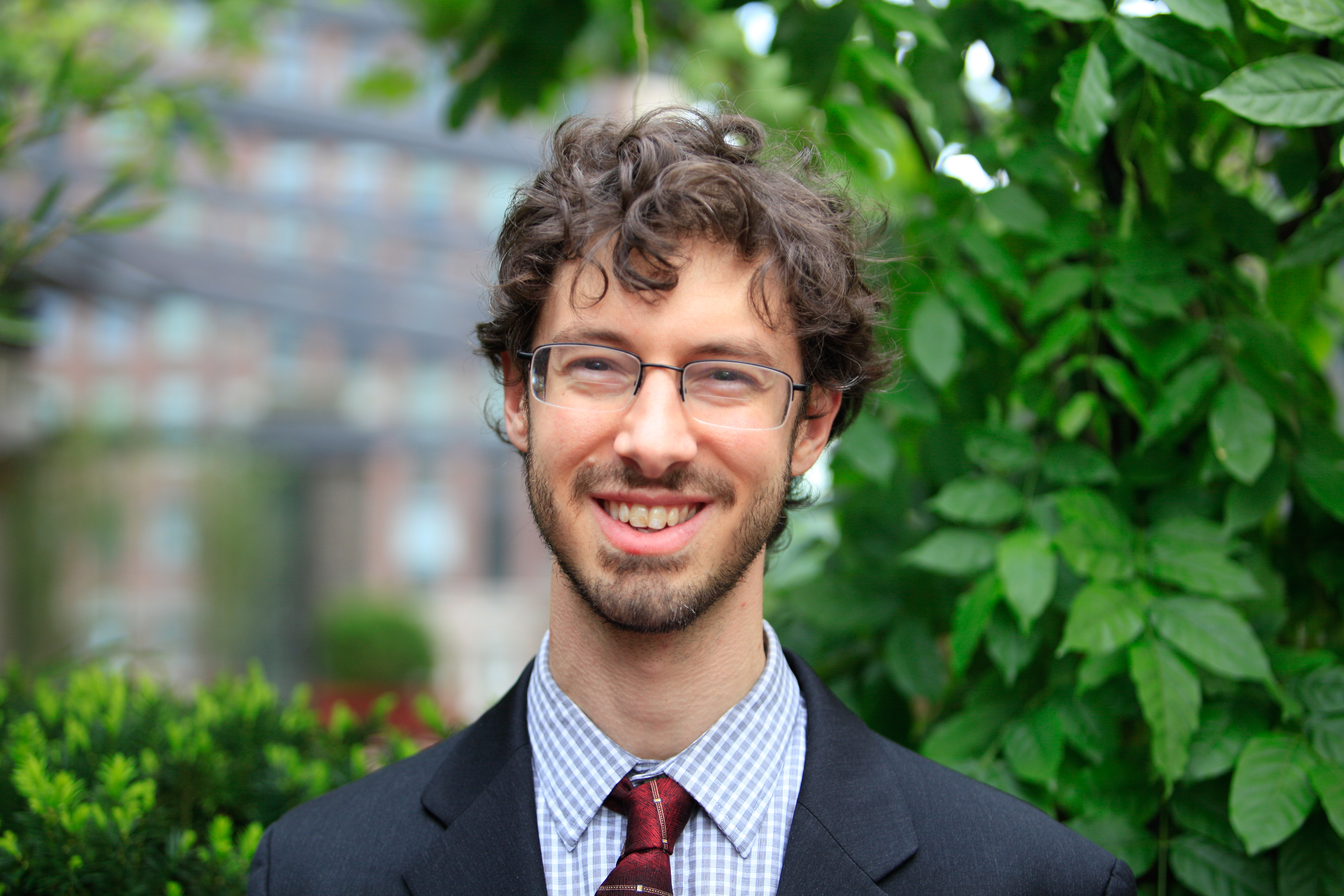“This isn’t a marathon we’re in. It’s a sprint.”
I was privileged to hear Rabbi Sharon Kleinbaum say these words to a small group of rabbis last week, and it chilled my blood. It was the exact opposite of what I have been hearing from activists since November 9th, that we need to prepare and sustain ourselves for the marathon and not burn out thinking we’re sprinting. But Rabbi Kleinbaum went on to say that she thinks we have a year, two at the most, to head off a civic catastrophe in this country.
It was particularly resonant because I had Tammuz on my mind. I knew we would be celebrating Rosh Chodesh on Shabbat and Sunday (yesterday), which meant the fast of the 17th of Tammuz was on the horizon. I’ve never fasted on this day before—I already have mixed feelings about fasting to mourn the destruction of the Temple on Tisha B’Av, so adding another fast three weeks prior to mourn the same event has always seemed overkill—but this year I’m looking at it differently.
The 17th of Tammuz marks the day that the Babylonian army breached the walls of Jerusalem, after 30 months of siege. It’s the tipping point in the destruction of the city, marking the shift from “if” to “when.” It’s a fast day of inevitability. And that is what had been frightening me, even before I heard Rabbi Kleinbaum.
Of the many moral crises our generation faces, two have been weighing on me particularly because they are marked by loudly ticking clocks: climate change and the two-state solution. If we don’t curb our use of fossil fuels and shift our economy to a sustainable basis, there will come a point of no return, when it will be impossible to prevent massive harm to people and ecosystems alike. And the more settlements Israel builds in the West Bank, the harder it will be to negotiate a peaceful settlement and establish an independent Palestine. In both cases, it may already be too late for some of the best outcomes, and with each year that passes, more and more options are closed off to us. I don’t know exactly when the point of no return happens—or even if we’ll be able to notice it, except in hindsight—but I trust all the experts who warn us that it is coming and that we are barreling towards it at alarming speed.
We are under siege, sieges of our own making. The Babylonians are at our gates. This year, I am seeing the 17th of Tammuz as a warning sign to myself and everyone around me: that we need urgent change now, before the walls are breached, before we reach the point of inevitable destruction.
If anything offers hope, it is the weeks that come after Tisha B’Av. Seven haftarot of consolation. The month of Elul, calling us to do teshuvah. Somehow, from the depths of the pit of Tisha B’Av, we claw our way back to a place where we can enter the new year, seek forgiveness, and start afresh. But I also worry that our spiritual rooting in cyclical time gives us false comfort. History—whether it be geophysical or geopolitical—doesn’t move in circles but in a straight line forward. If we blow this opportunity, we don’t get another one next year. The haftarah for Shabbat Rosh Chodesh, which we read this past Shabbat, foresees the creation of a new heaven and a new Earth, which is a beautiful and poetic vision, but it just isn’t real. I worry that, in this arena, our religious ways of thinking haven’t caught up to the stark realities of the 21st century.
There is another metaphor in the haftarah that might offer more hope: the Land of Israel is a mother in labor, and God is her midwife. Labor is hard—really, really hard—but we come through the other side with new life, full of new possibilities. That’s why the rabbis instituted birkat hagomel, thanking God for bringing us through a dangerous passage, for women who have recently given birth.
I have been praying, since November 9th, that this might be rock bottom, that we might finally rebound through this awfully painful period and start to make the major changes that are needed to collectively birth a world of justice and love. I hope that Rabbi Kleinbaum is wrong—or, failing that, that she’s right about the timeframe and that we get our act together. I hope that, in a year or two, we can all say birkat hagomel.
And, as part of my spiritual work to push in that direction, I’ll be observing the 17th of Tammuz this month, in the hope that we can hit the brakes and stop short of the point of Inevitability.
The fast of the 17th of Tammuz is on Tuesday, July 11.
Rabbi Lev Meirowitz Nelson is Director of Education at T’ruah and editor of Torah from T’ruah. He lives in Brooklyn with his wife Eliana and their two sons, Barzilai (Buzz) and Tav.

